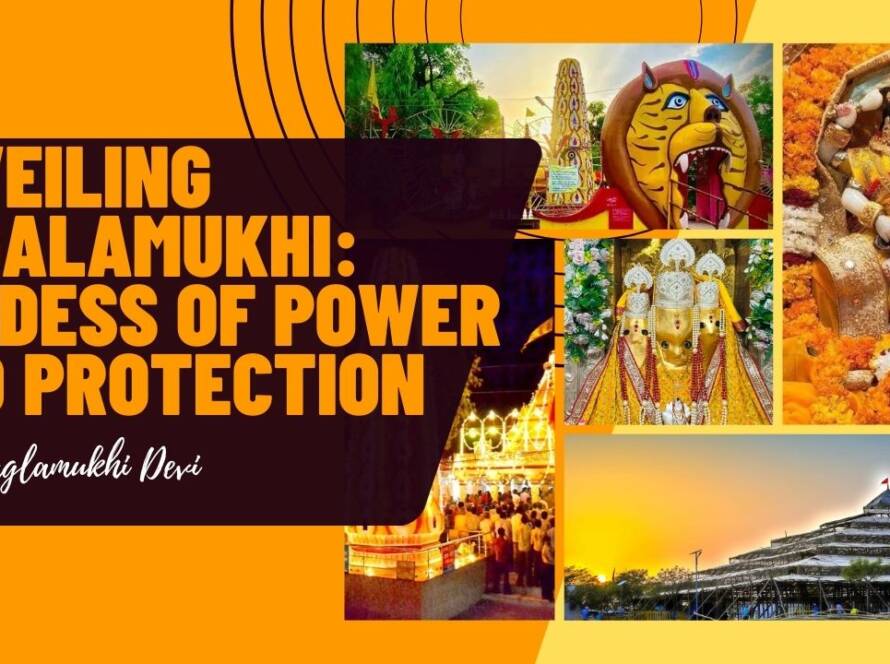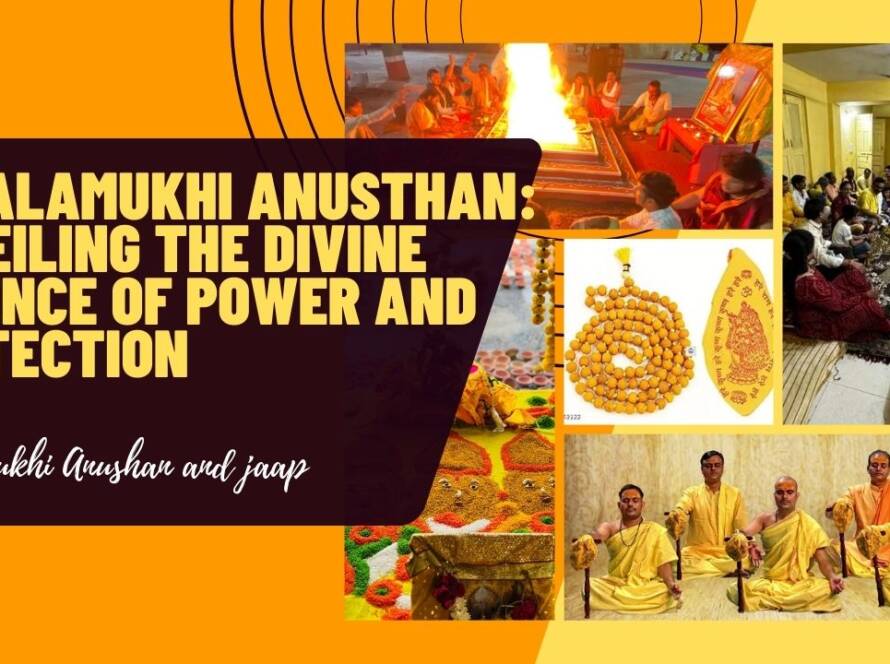Magha Navaratri is observed during the lunar month of Magha (January–February). This Navaratri is also known as Gupt (secret) Navaratri. The fifth day of this festival is often independently observed as Vasant Panchami or Basant Panchami, the official start of spring in the Hindu tradition, where in goddess Saraswati is revered through arts, music, writing, and kite flying. In some regions, the Hindu god of love, Kama is revered. Magha Navaratri is observed regionally or by individuals.
Significance: Magha Navaratri
Magha Navaratri holds a special place in Hindu tradition as it falls during the auspicious month of Magha, considered highly conducive for spiritual practices and seeking divine blessings. The festival symbolizes the victory of good over evil and serves as a reminder of the eternal power of the divine feminine, represented by Goddess Durga and her nine forms.
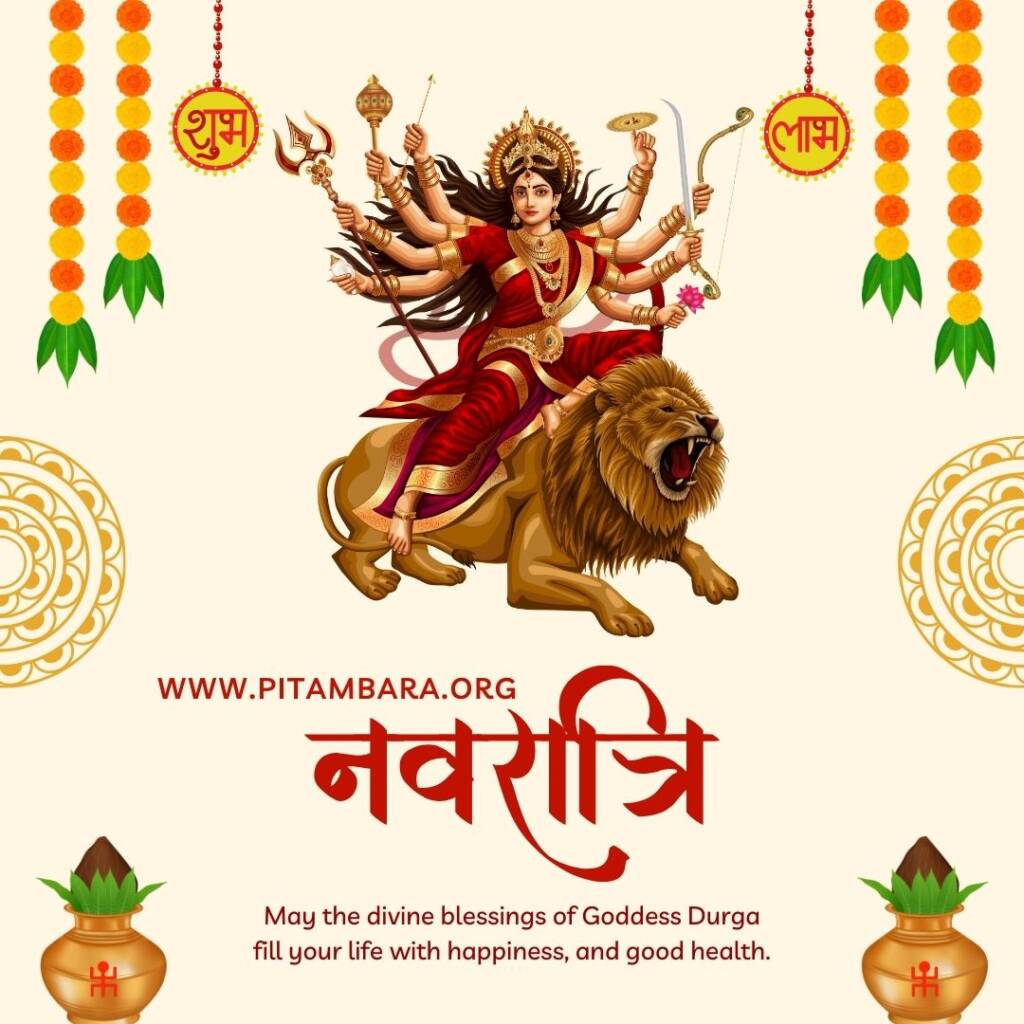

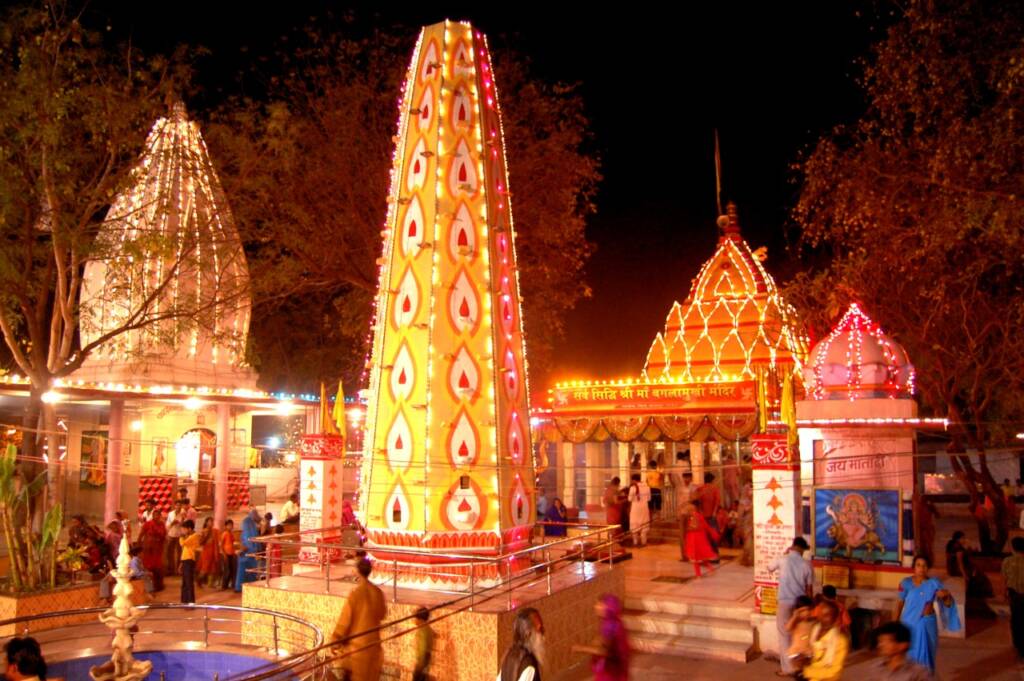

Observances: During Magha Navaratri, devotees fervently worship Goddess Durga and her manifestations through prayers, rituals, and fasting. Each of the nine nights is dedicated to honoring a different aspect of the goddess, known as Navadurga. Special ceremonies are held in temples and homes, where devotees gather to recite sacred hymns, perform aarti (rituals involving lamps), and offer floral tributes to the deity.
Rituals and Traditions: The festival commences with Ghatasthapana, the ritual installation of a sacred pot symbolizing the presence of Goddess Durga. Throughout the nine days, devotees observe strict fasts, abstaining from consuming certain foods and practicing self-discipline. They engage in acts of charity, donate to the needy, and seek blessings for themselves and their loved ones.
During Magha Navaratri, we immerse ourselves in devotion, seeking the divine blessings of Goddess Durga to guide us on the path of righteousness and spiritual enlightenment.
Cultural Celebrations: Magha Navaratri is celebrated with great enthusiasm and fervor across India and among Hindu communities worldwide. Cultural performances, including music, dance, and dramas depicting mythological stories, add vibrancy to the festive atmosphere. Temples are adorned with colorful decorations, and processions featuring idols of Goddess Durga are carried out amidst chanting of hymns and devotional songs.
Spiritual Reflection and Renewal: Magha Navaratri offers devotees a sacred opportunity for spiritual reflection, purification, and renewal. It is a time to deepen one’s connection with the divine, cultivate virtues, and seek inner transformation. Through prayers, meditation, and acts of devotion, believers strive to attain spiritual enlightenment and divine grace during this auspicious period.
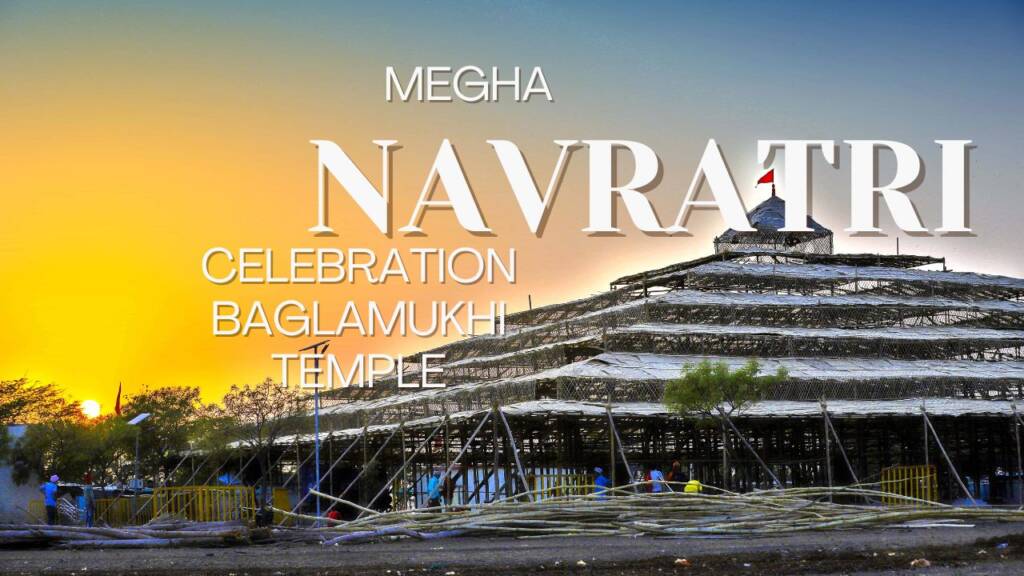

Magha Navaratri serves as a poignant reminder of the timeless values of devotion, righteousness, and spiritual awakening embedded in Hindu culture. As devotees come together to honor Goddess Durga and bask in the divine radiance, they find solace, inspiration, and joy in the blessings bestowed upon them. May Magha Navaratri illuminate our lives with divine grace, prosperity, and inner peace.


